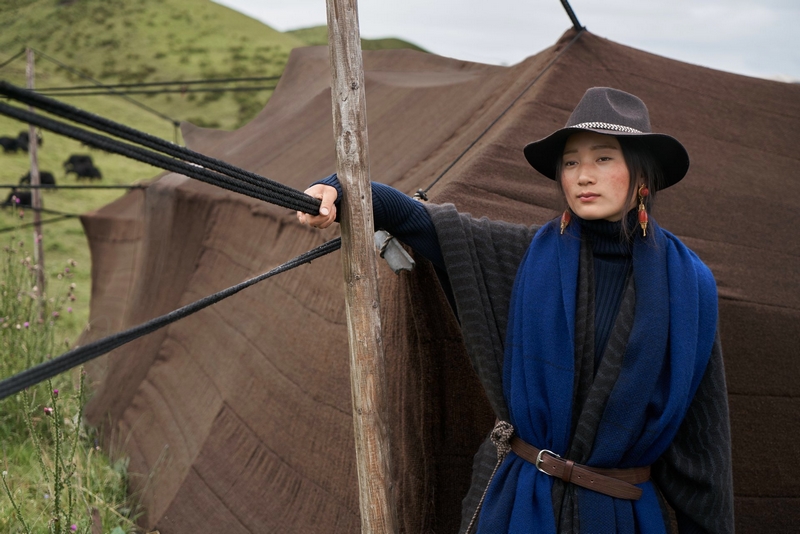I make a couple of appearances in Fashion’s Dirty Secrets. At 43, I’d view my casting as that of a wise(ish) elder. Because those who wield true influence over fashion brands are young. Fashion is obsessed with them and they have traditionally returned the love, often equally obsessively. But what happens when this relationship breaks down?
This is one of the questions Fashion’s Dirty Secrets explores. Dooley begins on familiar territory, exposing the huge environmental footprint of the fashion industry. Fashion pollutes at source, extracting and processing raw materials thousands of miles away, plunging communities and landscapes – who Dooley visits – into ecological crisis.
When she returns she heads for Instagram influencers and shares her findings. This is fascinating. Social-media influencers are increasingly envoys of the new global fashion economy and that economy is still based on rabid consumerism. In a recent survey carried out by the eco-cleaning company, Method, nearly a quarter of 16- to 24-year-olds said they would only be pictured in an item one to three times on social media before discarding it.
But while their approval is everything, their censure is particularly powerful. Influencers are also, by definition, cool. From Vetements to Gucci to tiny ethical brands like London-based Riley Studio, the cool brands are all talking sustainability. As the strategy director of brand consultancy Siegel+Gale recently put it: “Knowing how and where something is made gives it social currency.” Meanwhile, the fast fashion brands are losing their allure. At the Copenhagen Fashion Summit, supposedly the industry’s big drive towards sustainability, Dooley plays cat and mouse with evasive mainstream brands who come across as unappealing.

The influencers seem shaken and stirred by Dooley’s findings. They agree that the true cost of this type of consumption is too high. The stage seems set for a dramatic change. But we shouldn’t be too Pollyanna-ish. Amazon has just announced a new fashion TV show, fronted by Project Runway stars Heidi Klum and Tim Gunn, that will be the first “shoppable experience” where fashion can be bought with a tap of the screen. Forbes has described the show as the “harbinger of a new retail world”. At a point when we’re already producing over 100bn new garments a year and brands are shovelling excess production into incinerators, that is concerning. By 2050 the industry will be responsible for quarter of all carbon emissions unless we apply the brakes.
To imagine that the generations subjected to this catastrophic abundance of fashion could be the ones to apply the brakes seems like fantasy. But we need them. To begin, Instagram influencers need to do more than post the odd positive message about vintage or recycled fibre. The influencers must become activists and take on the brands and habits plundering the planet.
Lucy Siegle is an environmental writer and broadcaster
guardian.co.uk © Guardian News & Media Limited 2010
Published via the Guardian News Feed plugin for WordPress.


